These are divided times in a nation divided, of cancel cultures, of vastly different views and visions, of angered extremes and threats to a democracy, perhaps only paralleled by the times of the Civil War and Jared Brown’s dad.
“Oh yes, they compare,” says Jared.
A Twin Citian, Brown is now 85.
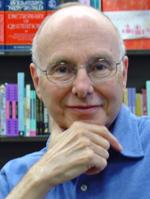
Jared Brown
A highly accomplished sort, he is the retired head of the theater and acting department at Illinois Wesleyan University, author of books, active in local theater, a guy who grew up at the epicenter of Hollywood, the son of an actor who was a star of radio and then a cast member on one of television’s original sitcom/variety programs, the “Jack Benny Show.”
His dad acted with George and Gracie Burns, opposite Bea Benaderet (“Petticoat Junction”) on TV’s “Burns & Allen,” and he appeared in “I Love Lucy.”
During the Golden Age of Radio, he was a mainstay on the era-carving “Fred Allen Show.”
He worked with the Nelsons, Ozzie and Harriet, and sons David and Ricky.
It was the Browns — actor John; mother June, an actress herself; their two children, Jared and Julie — living among the movers and shakers of an era and the motion-picture industry, at the apex of Hollywood.
The future was so bright, they needed sunglasses.
Then it all ended, all in one afternoon in 1953.
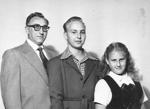
Pictured from left to right are John, Jared and Julie Brown in the 1950s.
It was the era of the so-called Red Scare — that’s when America and the communistic Soviet Union severed ties from their victory as partners in World War II, and a paranoia grew as some politicians told the public they should be fearful of a subversive Red influence, that communists are lurking everywhere and using their positions as schoolteachers, college professors, labor organizers, artists and journalists to aid the program of world communist domination.
Even President Dwight D. Eisenhower, America’s hero general of World War II, was brought into the discussion as a potential sympathizer.
Especially targeted was Hollywood.
One of those was Jared Brown’s dad, John Brown.
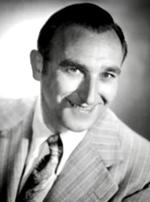
John Brown
A British-born actor, he was A-list of the time, a familiar face who also appeared in movies, including Alfred Hitchcock’s “Strangers on a Train.”
A political activist, he was before his time, active in the American Federation of Television and Radio Artists, where he vigorously supported residuals for actors, which at the time was a dangerously radical idea.
Today, actors’ residuals, such as being paid for TV reruns, are an automatic.
But they weren’t in the conservative, post-war 1950s, when TV was an infant.
Coincidentally, another pro-residuals actor of the era was a Central Illinoisan who at the time also was a liberal Democrat.
That was Ronald Reagan.
But Reagan didn’t get called to testify before a U.S. House committee — the House Committee on Un-American Activities — as Jared Brown’s dad was.
On that afternoon in 1953, in the fervor and fear of spreading communism, in another version of a cancel culture and Salem witch-hunt of a different kind, Jared Brown’s dad found it none of anyone else’s business his political leanings, and before the House committee, took the Fifth, the constitutional amendment about everyone’s right to remain silent.
Repeatedly on that afternoon, to their questions, Brown offered the committee only his name and address.
That was translated, in that time, as a guilty admission.
Thus, Jared Brown’s dad, along with about 250 others, was “blacklisted” in Hollywood.
Instantly caught in the current, much like those of today, he was fired by TV producers.
His contracts were voided.
Ozzie Nelson, believing John Brown was well-intentioned, refused to fire him — at least until, as Jared Brown attests, the TV network and the advertising sponsors of the popular “Ozzie and Harriet Show” were threatened with cancellation “unless he fired my dad.”
And so, John Brown was fired there, too.
Living in a nice area of Hollywood was in time no longer affordable, as the Brown family, without work, became financially strapped, forcing them to move farther and farther out into the California valley.
They lost many of their friends who either stayed away because of their own fears of being targeted, or they just didn’t visit because the Browns now lived so far out in the Hollywood sticks.
“My mother,“ says Jared, “she was devastated — intensely angry; I think maybe even more so than my father was. At first, it wasn’t that particularly sad. But then it got sadder, and sadder...”
His dad went into woodworking.
“(It) sold reasonably well, but it didn't pay all the bills,” says Jared Brown.
Then sadly — tragically in the truest sense — it ended.
On May 16, 1957, at only age 53, his dad died of a massive heart attack.
“I'm certain the stress of all of that contributed greatly,” says Jared.
And so now, nearly 70 years later, in another time of cancel culture, of divisive interests and zero tolerance, of anger and toxic inner tensions when a country founded on a freedom of spirit is having problems finding any middle road — Jared Brown says he worries greatly about the future.
He has reason.
He’s already been there.
Wall of signatures near the green room at the Bloomington Center for the Performing Arts
Photos: YWCA Women of Distinction honored
YWCA President/CEO Liz German, honoree Kris Williams
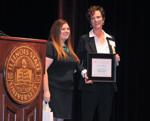
Honoree Messina Lambert

Honoree Karen Irvin

Honoree Joan Hartman
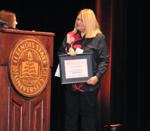
YWCA President/CEO Liz German, honoree Erin Barnard

YWCA President/CEO Liz German, honoree Emily McCusker
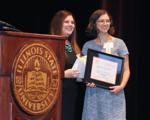
YWCA President/CEO Liz German, honoree Michelle Cope
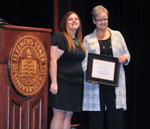
Wings Ward Recipients, Tenesha Brown, Cathleen Hays, Lakeesha Smith, Zeina Soued, Irene Vincy

Ruth Ann Lipic, Marilyn Morrow, Christine Barnard
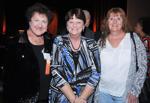
Monica and Tristan Bullington

Rev. Janet Proeber, David Proeber

Nikita Richards, Karen Fleming, Cheris Larson, Lisa Thompson

Melissa Libert, Yuki Gottschaldt, Beth Whisman, Amelia Buragas

Diana Bender, Bianca Henry , Melissa Breeden, Jenn Golliday

Ronda Glenn, Denise Risinger
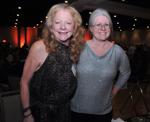
Heather and Bryce Miller

Linda Kimber
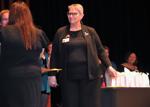
Cathy Beck

Carolyn Moon

Rocio Rivadeneyra
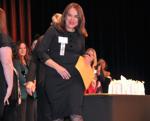
Messina Lambert

Emily McCusker

Steph Mazanowski

Mollie Ward
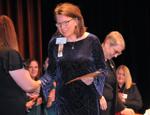
Karen Irvin

Victoria Harris
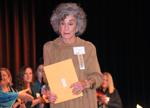
Kari Sandhaas

Angel Howard

Debra Thomas

Kris Williams

Rhonda Flegel

Aimee Beam

Elisabeth Reed

Hannah Johnson

Lynda Straw
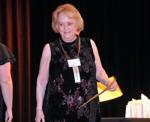
Joan Hartman
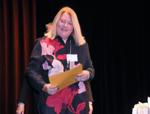
Rev. Janet Proeber
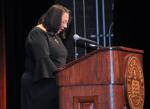
Ann Harding, Julie Kubsch

Tenesha Brown, Faye Freeman Smith, Sonya Mau
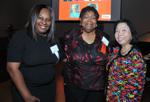
Aimee and Brian Beam

Bill, Michelle and Taylor Cope

Mike Matejka, Kari Sandhaas
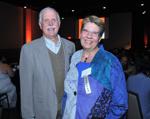
Nominee Kari Sandhaas table

Carol De La Cruz, Cynthia Ashby
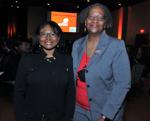
Joe McDonnell, Brandy Maloney, Tom Dzurison

Women of Distinction honoree Kris Williams table
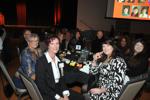
Women of Distinction honoree Emily McCusker and nominee Mollie Ward table

Barb Nathan, Colleen Reynolds, Patriece Gentry

Jaimee Thomas, Keara Wright

Jenn Golliday, Peter Kimerling, Clara Varlese

Camille Taylor
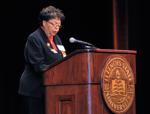
Karla Chandler-Huffman, Tenesha Brown

Karla Chandler-Huffman, Cathleen Hays

Karla Chandler-Huffman, Lakeesha Smith

Zeina Soued

Irene Vincy
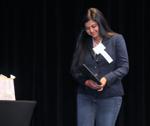
Bill Flick is at bflick@pantagraph.com.
"Hollywood" - Google News
November 06, 2022 at 07:00PM
https://ift.tt/KpqexsU
Flick: A real-life Hollywood nightmare - The Pantagraph
"Hollywood" - Google News
https://ift.tt/7xkQIsH
Shoes Man Tutorial
Pos News Update
Meme Update
Korean Entertainment News
Japan News Update
Bagikan Berita Ini














0 Response to "Flick: A real-life Hollywood nightmare - The Pantagraph"
Post a Comment